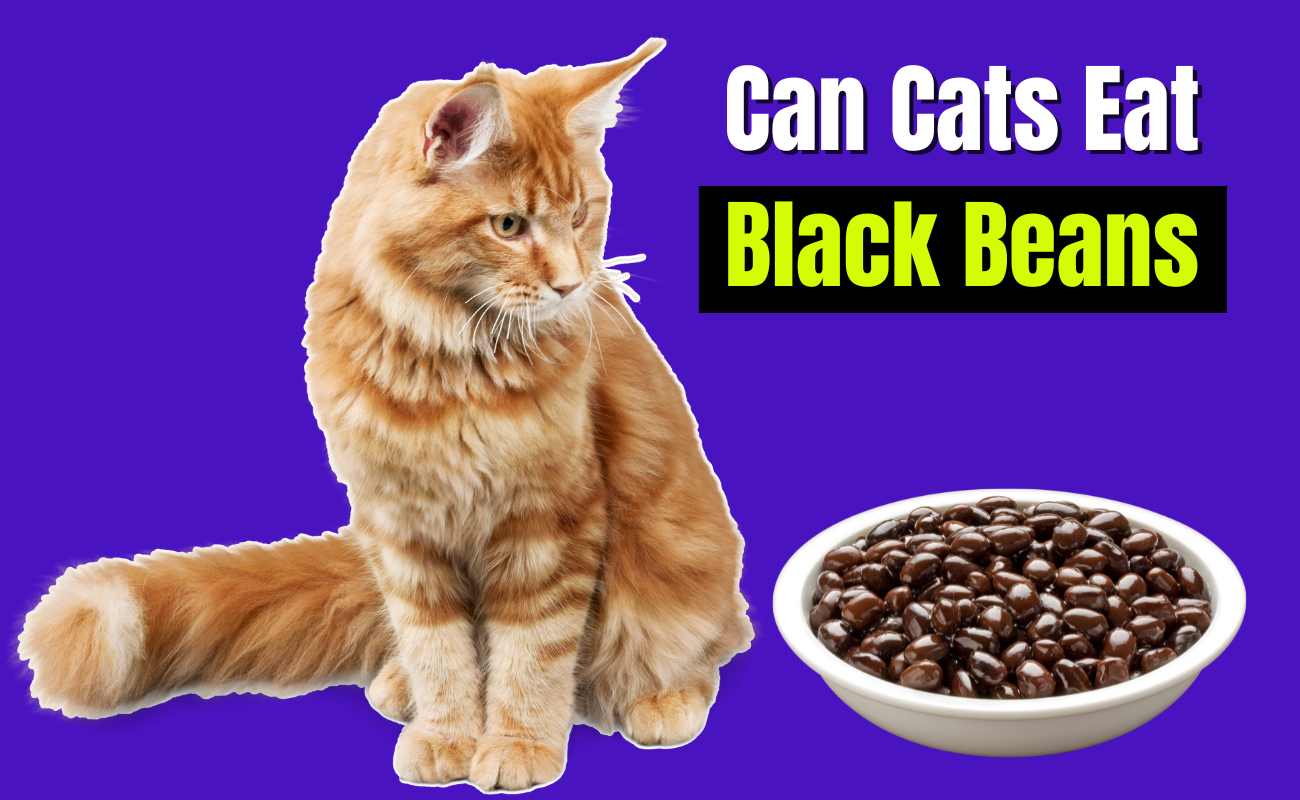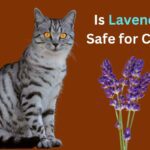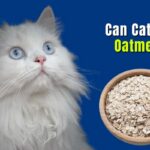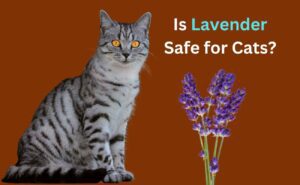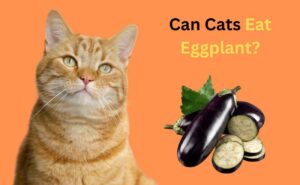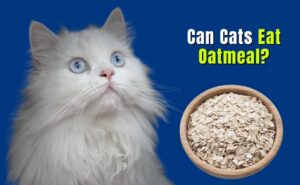As cat owners, we often wonder if the foods we enjoy are safe for our furry friends. Cats are curious creatures, and they may show interest in what we eat, including black beans. But can cats eat black beans? In this article, we’ll explore whether black beans are safe for cats, what kind of beans they can eat, and offer some alternatives.
Nutritional Overview of Black Beans
Black beans are a popular food in many cuisines around the world. They’re rich in nutrients like fiber, protein, vitamins, and minerals. For humans, black beans are a healthy choice, offering benefits like improved digestion and heart health. But what about cats?
Cats are obligate carnivores, which means their bodies are designed to eat meat. They need animal protein to thrive, and their digestive systems are not built to process plant-based foods like black beans. While black beans are nutritious for humans, they don’t offer the same benefits to cats.
Here’s a nutritional values chart for lobster, which you can use in your article. This chart includes the typical nutritional content per 3.5 ounces (100 grams) of cooked lobster meat:
| Nutrient | Amount per 100g | % Daily Value (DV) |
|---|---|---|
| Calories | 77 kcal | 4% |
| Protein | 16.0 g | 32% |
| Total Fat | 0.8 g | 1% |
| – Saturated Fat | 0.1 g | 1% |
| – Monounsaturated Fat | 0.2 g | – |
| – Polyunsaturated Fat | 0.4 g | – |
| Cholesterol | 70 mg | 23% |
| Total Carbohydrates | 0.0 g | 0% |
| – Dietary Fiber | 0.0 g | 0% |
| – Sugars | 0.0 g | – |
| Sodium | 620 mg | 27% |
| Potassium | 246 mg | 7% |
| Vitamin A | 60 IU | 1% |
| Vitamin C | 0.0 mg | 0% |
| Calcium | 53 mg | 5% |
| Iron | 1.0 mg | 6% |
| Omega-3 Fatty Acids | 0.2 g | – |
Notes:
- Calories: Lobster is relatively low in calories compared to other meats, making it a lean protein source.
- Protein: High in protein, which is essential for muscle maintenance and overall health.
- Total Fat: Very low in fat, which is beneficial for maintaining a lean diet.
- Cholesterol: Contains a moderate amount of cholesterol, so it’s important to offer it in small amounts.
- Sodium: Lobster is naturally high in sodium, which can be a concern if consumed in large quantities, especially for dogs.
This chart provides a clear overview of the nutritional profile of lobster, helping you and your readers understand the potential benefits and risks.
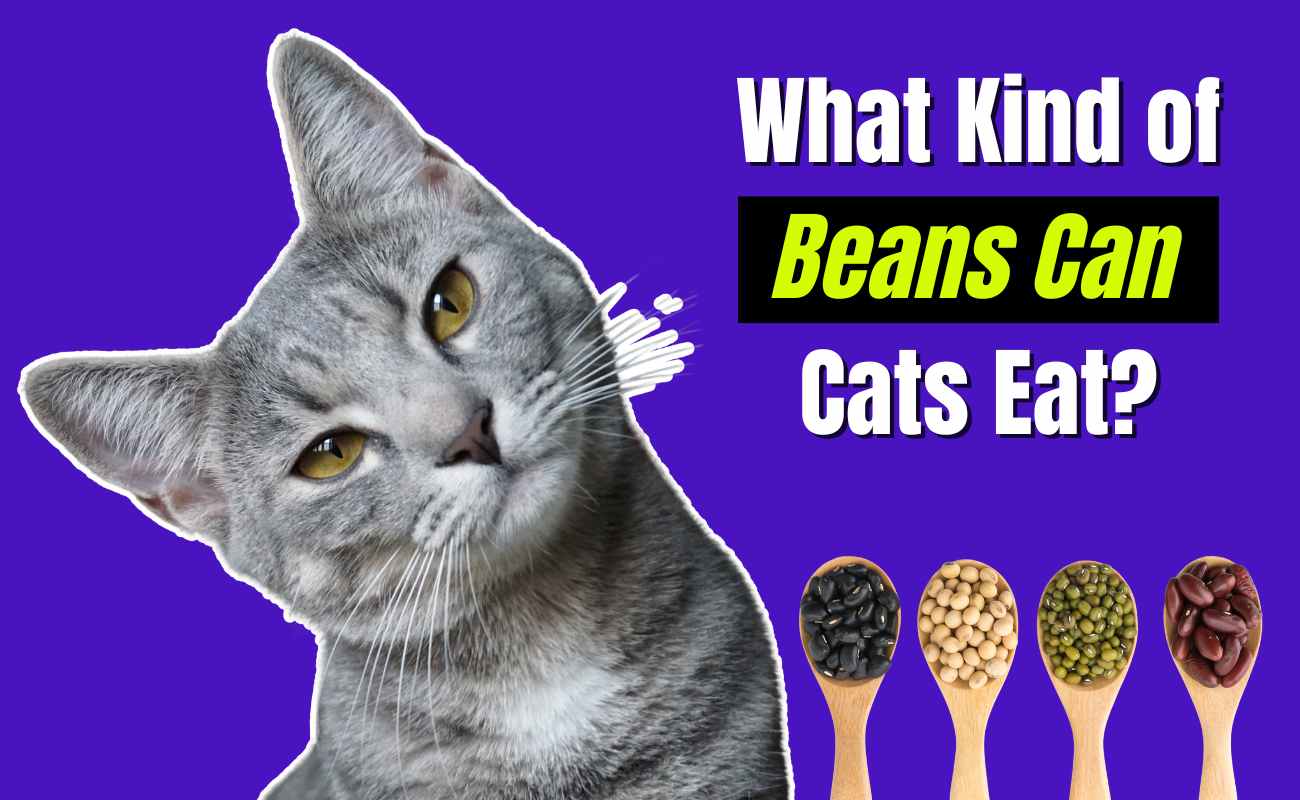
What Kind of Beans Can Cats Eat?
Now that we know black beans aren’t a good choice, you might wonder if there are any beans that are safe for cats. The truth is, most beans are not ideal for cats. However, some beans might be less harmful than others.
Safe Beans (in very small amounts):
- Green beans: Low in calories and fiber, they can be a safe treat in moderation.
- Cooked peas: These are sometimes found in cat food and can be safe in small amounts.
Unsafe Beans:
- Kidney beans: Contain lectins, which can be toxic to cats if not properly cooked.
- Chickpeas: High in fiber and difficult for cats to digest.
- Lentils: Also high in fiber, which can lead to digestive issues.
Even though some beans are less harmful, it’s important to remember that cats don’t need beans in their diet. Their nutritional needs are best met through a diet rich in animal proteins.
Alternatives to Black Beans for Cats
If you’re looking for healthy alternatives to black beans for your cat, there are plenty of options that are better suited to their dietary needs.
1. Meat-Based Treats: Cats thrive on meat, so offering small pieces of cooked chicken, turkey, or beef can be a great treat. These are easy for cats to digest and provide the protein they need.
2. Commercial Cat Foods: Many high-quality cat foods are formulated to meet all of a cat’s nutritional needs. Some even include small amounts of safe vegetables or legumes, but these are carefully balanced to ensure your cat’s health.
3. Cat-Specific Treats: There are many treats on the market designed specifically for cats. These treats often contain animal proteins and are made to be both tasty and nutritious for your cat.
When introducing any new food to your cat’s diet, it’s important to do so slowly. This helps you monitor for any signs of digestive discomfort or allergic reactions.
Conclusion
So, can cats eat black beans? While black beans are not toxic to cats, they are not a suitable food for them. Cats are carnivores, and their bodies are designed to thrive on a diet rich in animal proteins. Black beans, and most other beans, can cause digestive issues and do not offer any significant benefits to your cat’s health.
Instead of black beans, consider offering your cat meat-based treats or high-quality commercial cat foods that meet their nutritional needs. Always consult your veterinarian before introducing new foods to your cat’s diet to ensure their health and well-being.

